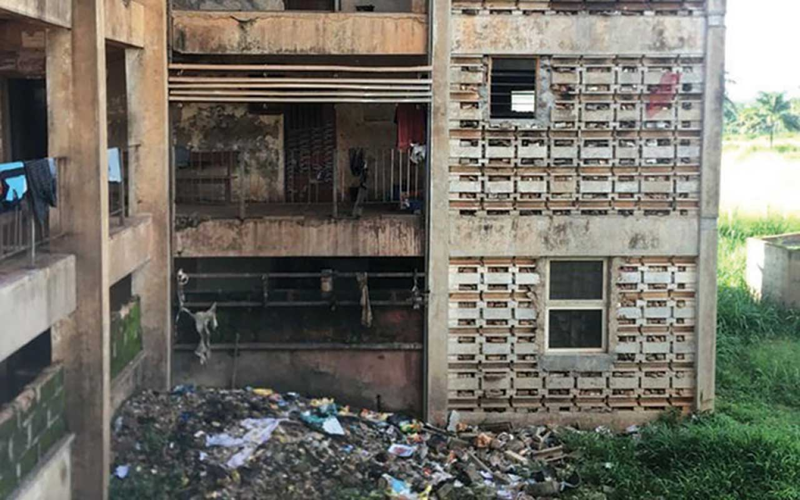
The housing crisis for university students in Nigeria is deepening, causing significant distress for students and their families. Many students find themselves homeless or scrambling for accommodation after long academic days, with high rents in private hostels and exploitative landlords worsening the situation.
The crisis is particularly acute in major cities such as Lagos, Abuja, and Ibadan. Despite some private investors building hostels on campuses, the steep rental costs put these facilities out of reach for most students. Outside university campuses, many students face inflated rents due to the collusion of landlords and estate agents.
Parents express grave concerns over the difficulty of securing affordable and safe accommodation for their children. A Lagos-based journalist lamented the stress and cost associated with finding lodging in Lagos, contrasting it with better conditions experienced by her elder son in Osun State. Similar stories come from parents across states, highlighting the financial and safety challenges families endure.
At institutions like the University of Ibadan and University of Nigeria Nsukka, on-campus hostel spaces fall far short of demand, forcing thousands to seek lodging off-campus in overcrowded and poorly maintained facilities. This shortage is exacerbated by deteriorating hostel infrastructure and a rising student population.
The accommodation shortage not only affects students’ wellbeing but also impacts their academic performance as many endure long commutes and unsafe living conditions. Student bodies and parents advocate for urgent government intervention including the development of affordable hostels through direct public investment or public-private partnerships.
Calls have also been made for rent control policies to protect students from arbitrary and exorbitant rent increases by landlords. Some states and universities are under pressure to provide minimum hostel beds annually and improve basic campus amenities such as security, electricity, and water supply.
If unaddressed, the housing crisis risks forcing many students to defer or abandon their education, undermining Nigeria’s higher education system and the future prospects of its youth.
The situation calls for concerted efforts by federal and state governments, educational authorities, and private investors to provide sustainable housing solutions aligned with the growing demand from Nigeria’s expanding tertiary student population.








